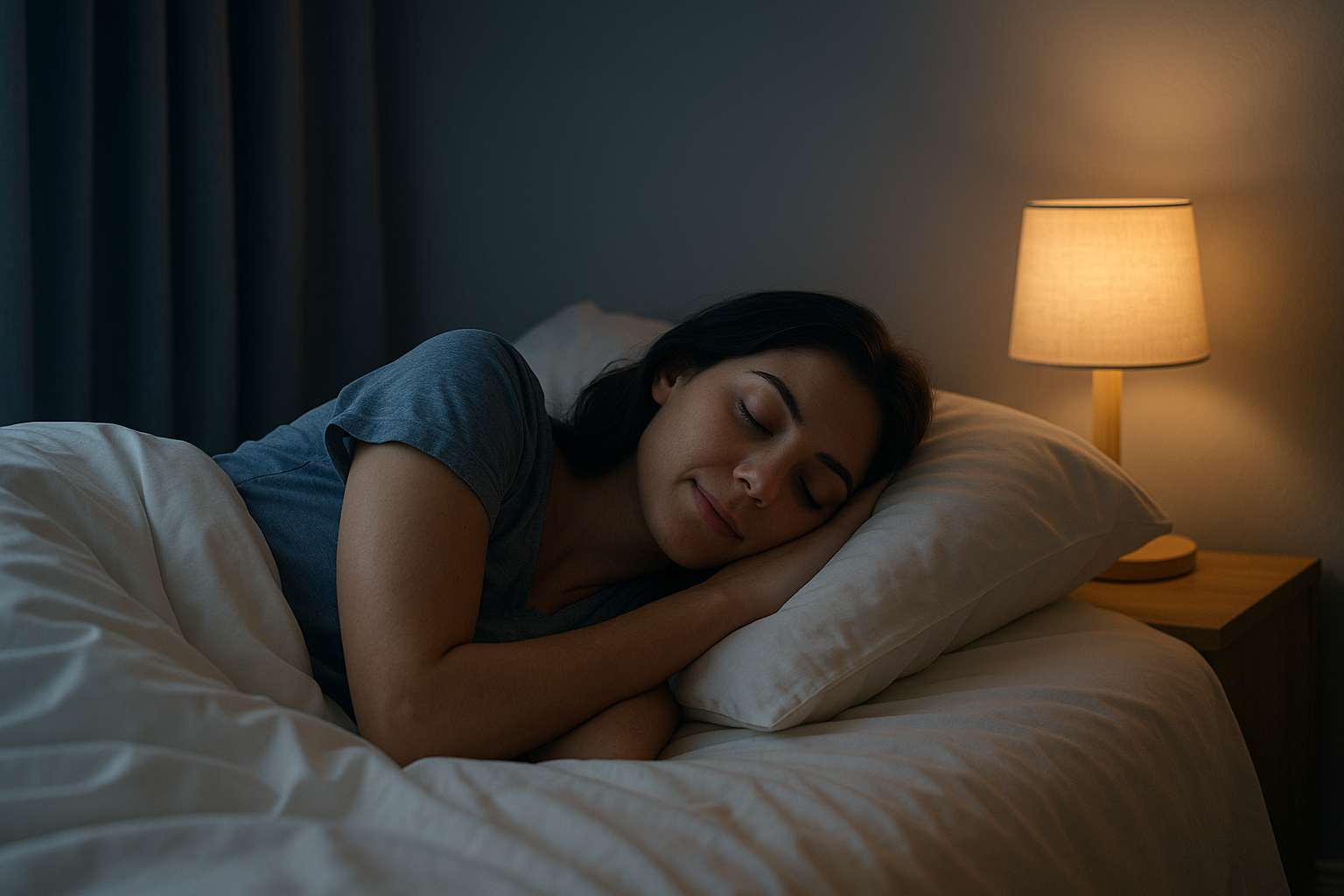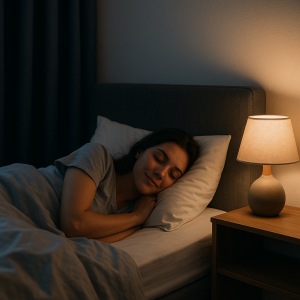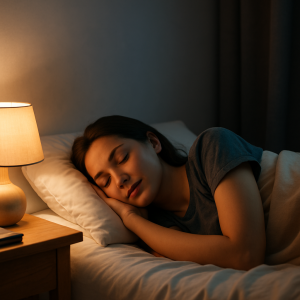
Sleep and Relaxation for a Healthy, Balanced Life
Sleep and Relaxation for a Healthy, Balanced Life
Introduction
In today’s fast-paced world, where people are constantly juggling work, family, and social responsibilities, sleep and relaxation often take a back seat. However, these two elements are essential for maintaining not just physical health but also emotional well-being and mental clarity. This article explores the importance of quality sleep, the benefits of relaxation, and practical tips to help you lead a more balanced and healthier life.
1. Why Is Sleep Important?

Sleep is not just a way to rest the body—it is a vital process for repairing tissues, regulating hormones, and consolidating memories. According to health experts, adults need around 7–9 hours of sleep per night to function at their best.
Key Benefits of Quality Sleep:
Improves memory and learning ability
Supports heart health and reduces the risk of chronic diseases
Strengthens the immune system
Enhances mood and reduces the risk of depression
Promotes healthier skin and supports physical recovery
2. Consequences of Poor Sleep
Sleep deprivation doesn’t only make you feel tired. It can have serious long-term effects on your health and daily performance.
Short-Term Issues:
Difficulty focusing or concentrating
Mood swings and irritability
Weakened immune system
Increased risk of accidents
Long-Term Health Risks:
Heart disease and high blood pressure
Type 2 diabetes
Obesity
Anxiety and depression
3. Tips for Better Sleep Quality
If you’re struggling with falling asleep or staying asleep, here are some simple strategies to help you rest more soundly:
✅ Stick to a Consistent Sleep Schedule
Go to bed and wake up at the same time every day, even on weekends. This helps regulate your internal clock.
✅ Create a Restful Environment
Keep your bedroom cool, dark, and quiet. Use blackout curtains and avoid bright lights before bed.
✅ Avoid Caffeine and Alcohol Before Bed
These substances can interfere with your ability to fall and stay asleep.
✅ Exercise Regularly
Physical activity helps you fall asleep faster and enjoy deeper sleep—just avoid intense workouts late at night.
✅ Unplug and Wind Down
Limit screen time before bed. Instead, try reading, journaling, meditating, or taking a warm bath to relax your mind.
4. The Power of Relaxation and Mindfulness

Relaxation techniques are powerful tools to reduce stress, calm the nervous system, and promote better sleep.
Simple Relaxation Techniques:
Mindfulness meditation – Focus on your breath or a calming word to center your mind.
Visualization – Imagine a peaceful place like a beach or forest.
Progressive muscle relaxation – Slowly tense and release each muscle group.
Deep breathing exercises – Inhale deeply through your nose, hold for a few seconds, and exhale slowly.
Practicing these techniques regularly, even for just 10–15 minutes a day, can help you feel calmer and more in control of your emotions.
5. Final Thoughts
Health isn’t just about eating well or staying active—it’s also about resting well and staying mentally balanced. Sleep and relaxation are not luxuries; they are necessities. By making them a priority, you will find yourself more energized, more focused, and more emotionally resilient.
Remember:
“A calm mind and a well-rested body create the foundation for a happy life.”
Further Reading:
National Sleep Foundation (sleepfoundation.org)
Harvard Health Publishing – Sleep
Mayo Clinic – Stress Management and Sleep